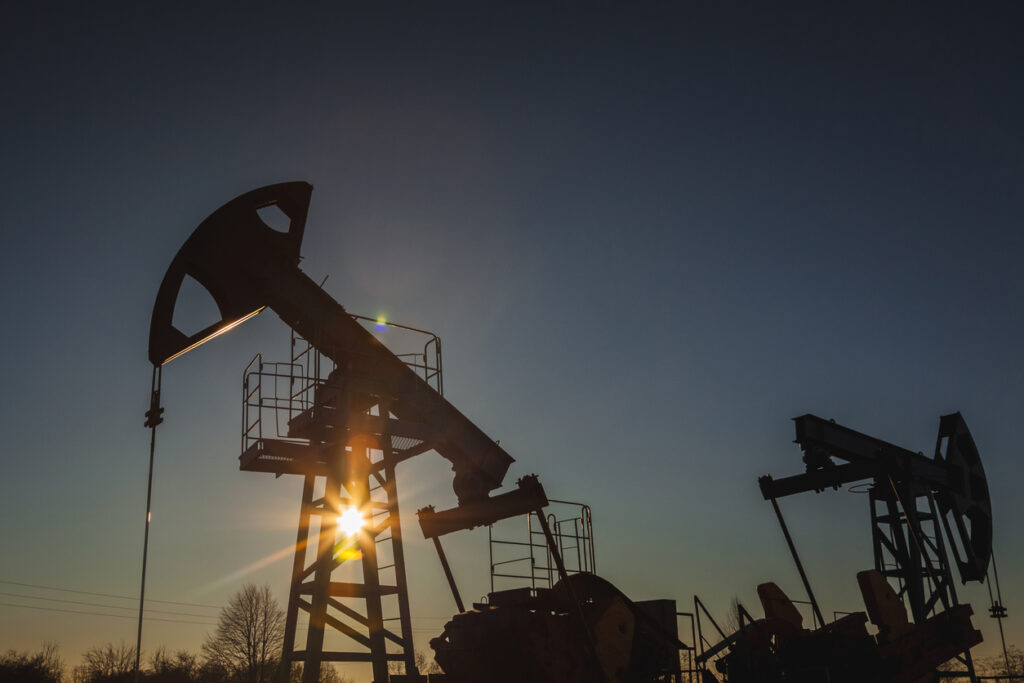(Investing) – LONDON -Oil prices fell by around 2% on Thursday, as investors weighed the potential impact of U.S. President Donald Trump’s tariffs on global economic growth.

futures were down $1.42, or 2.02%, at $68.77 a barrel by 1327 GMT. U.S. West Texas Intermediate crude fell $1.61, or 2.35%, to $66.77 a barrel.
On Wednesday, Trump threatened Brazil, Latin America’s largest economy, with a punitive 50% tariff on exports to the U.S., after a public dispute with his Brazilian counterpart Luiz Inacio Lula da Silva.
Brazil’s Lula called a meeting with ministers on Thursday to decide his country’s reaction, having hinted in a post on social media on Wednesday that tariffs would be met with reciprocal measures.
Trump has also announced plans for tariffs on , semiconductors and pharmaceuticals and his administration sent tariff letters to the Philippines, Iraq and others, adding to over a dozen letters issued earlier in the week including for powerhouse U.S. suppliers South Korea and Japan.
Trump’s history of back-pedalling on tariffs has caused the market to become less reactive to such announcements, said Harry Tchilinguirian, group head of research at Onyx Capital Group.
“People are largely in wait-and-see mode, given the erratic nature of policymaking and the flexibility the administration is showing around tariffs,” Tchilinguirian said.
Policymakers remain worried about the inflationary pressures from Trump’s tariffs, with only “a couple” of officials at the Federal Reserve’s June 17-18 meeting saying they felt interest rates could be reduced as soon as this month, minutes of the meeting released on Wednesday showed.
Higher interest rates make borrowing more expensive and reduce demand for oil.
OPEC+ oil producers are set to approve another big output boost for September, as they complete both the unwinding of voluntary production cuts by eight members and the United Arab Emirates’ move to a larger quota.
Higher interest rates make borrowing more expensive and reduce demand for oil.
OPEC+ oil producers are set to approve another big output boost for September, as they complete both the unwinding of voluntary production cuts by eight members and the United Arab Emirates’ move to a larger quota.

